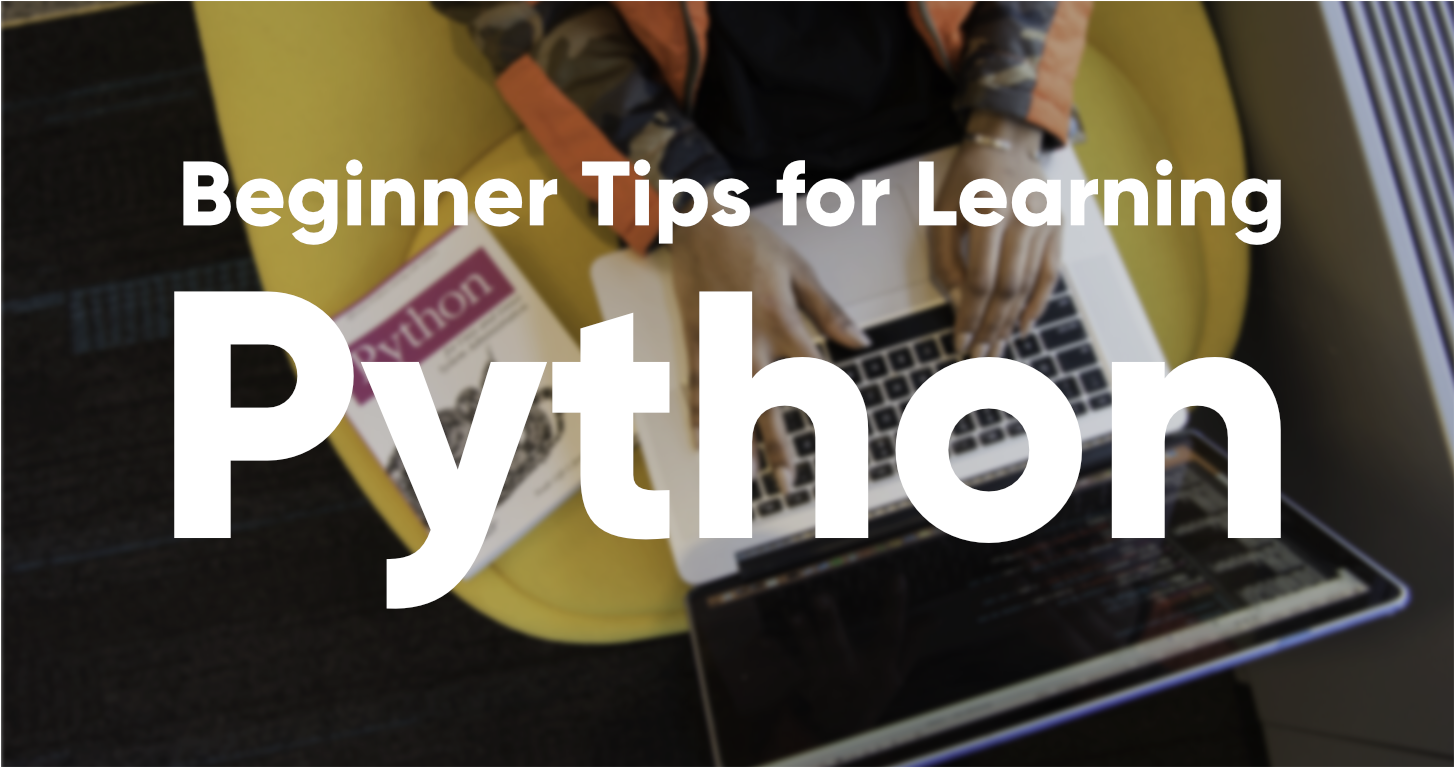The development of Python is gaining momentum every day. There can be many reasons for this. This may be due to the fantastic design that is readable and simple for users.
In addition, some incredible features make Python a perfect programming language compared to the other options.
For a programmer who is still at the junior level, there is much more to learn about the programming language.
As long as it is a modern programming language (which means that it can be used in today’s market) it doesn’t matter. Find out which programming language you feel most secure in.
As you begin to learn how to program, train yourself to think critically about how to address problems and solutions through code. It doesn’t matter if you learn C #, Ruby, JavaScript, etc.
If you want to solve problems with one programming language, take the same solution and try to adapt it to other programming languages. Over time, you will begin to develop your own opinions about the languages you like and why you like them.
Above all, do not give up the mentality of experimenting with languages, even if you feel comfortable with a certain set. This makes you a better programmer overall and exposes you to new ideas that you can apply to your preferred programming language.
Read More: Top 5 Ai trends that gripping the education industry
Some Important Tips for Your Assistance
When it comes to choosing between Java and Python, most people choose the latter. People want Python because of the simplicity of its design and the ease of use that most people experience with Python.
However, to get the most out of it, some tips can be helpful. Here we present some of the most important tips for young developers who are as good as new in the Python programming language.
1. Importance of Module Importing
To be honest, if you need to sort the import of the module, you can do that alphabetically, and that will surely have a fairly regular impact on the programming language. This way you can better follow the various dependencies of the program.
You should only load different modules together if necessary. To ensure that this technique works, you need to assign the loading time that is intended for these modules in a certain way. This can reduce memory usage throughout the process.
2. Design New Code Regularly
If there is anything important in the Python programming language, it should be consistent. Yes, you need to make sure that you practice Python code every day to get a feel for this fantastic programming language. The strength of your muscle memory increases if you practice coding regularly and can keep the knowledge for a long time.
3. Sets and Union are Important
Using loops in Python encoding can cause many server restrictions that are not required. To avoid this, you only need to use certain unions and certain groups. This can allow you to code properly using Python, and also by safely avoiding these errors.
4. Try Some Interactive Methods
By reading and learning some basic Python data structures such as dictionaries, lists and strings, you can learn more about the programming language. This type of knowledge is important when you need to optimally debug an application.
5. Writing and Repeating Code
Do you remember the school days when we were asked to read and write everything we learn? The same applies to junior python developers. Make a note of the codes and they will stay in memory longer.
Learn more about the interactive Python shell if you want to get the most out of this programming language.
Conclusion
So go guys. These are some of the best and most useful Python advice for juniors. Make sure you use them for a fantastic coding experience on the Python platform. What else helps you as a Python junior developer? Offer our readers tips that they can benefit from.
I hope you have understood how you can learn python as a fresher. These tips will really help you to understand python language. So follow these tips. NearLearn is the best Python training institute in Bangalore. It provides various courses like machine learning, data science, blockchain, and full-stack development, etc.
